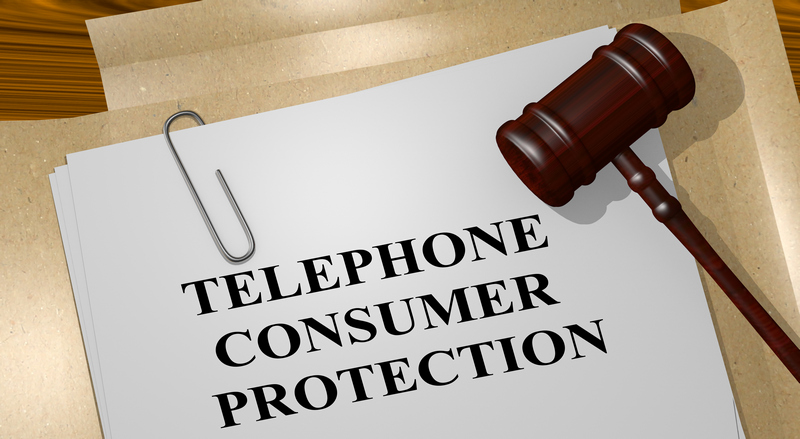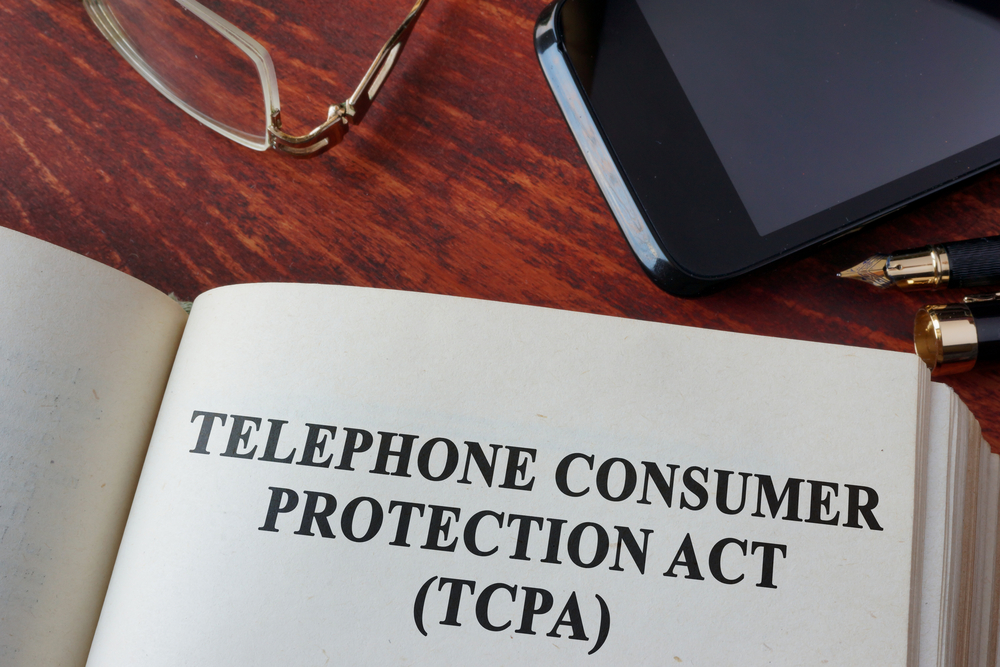TCPA & DNC Compliance: Wireless & RND Insights
Our Blog

TCPA Violations Lead to $40 Million Settlement for Real Estate Company
An article written in April of 2023, TCPA Violations Lead to $40 Million Settlement for Real Estate Company discusses a significant class-action settlement over claims that a privately held major real estate company violated the Telephone Consumer Protection Act (TCPA). A Florida Court preliminarily approved a $40 million penalty on a company for making unsolicited pre-recorded calls to consumers without their consent, including calls to consumers registered on the National Do Not Call Registry (DNC). This settlement underscores the FCC’s commitment to enforcing TCPA regulations and protecting consumers from unwanted communication and fraudulent practices. The substantial penalty serves as a warning to businesses engaging in similar illegal activities, emphasizing the importance of compliance with TCPA guidelines to avoid severe financial repercussions.

$2.5M UnitedHealthcare Settlement Resolves Class Action Lawsuit Over Alleged TCPA Violations
In a recent class-action lawsuit, UnitedHealthcare agreed to a $3.49 million settlement over alleged violations of the Telephone Consumer Protection Act (TCPA) . The complaint claimed that the company, through its Optum HouseCalls program, placed unauthorized robocalls with prerecorded voice messages to individuals who were not even UnitedHealthcare customers. These calls were made without the recipients’ prior consent, violating TCPA guidelines. While UnitedHealthcare denied any wrongdoing, the settlement serves as a reminder of the importance of obtaining clear consent before initiating automated calls. Eligible individuals who received such calls between October 12, 2019 and February 10, 2025 may receive compensation.

How Smart Marketers Stay TCPA-Compliant Without Sacrificing Results
As regulations around consumer communication tighten, the article “How Smart Marketers Stay Compliant and Effective” highlights the importance of aligning marketing efforts with laws like the Telephone Consumer Protection Act (TCPA). It stresses the need for prior express written consent before making phone calls or sending texts, especially when using automated systems or prerecorded messages. Smart marketers are encouraged to maintain accurate consent records, audit their outreach regularly, and train staff on TCPA rules and acceptable contact methods. By embedding these best practices into their workflow, businesses can reduce legal risk and build stronger, trust-based customer relationships. The article reinforces that compliance is not just a legal obligation but a strategic advantage.

How Businesses Are Protecting Consumer Data in 2025
As cyber threats grow, businesses are adopting a multi-layered approach to protect consumer data and build trust. The article highlights key strategies such as using strong encryption, multi-factor authentication (MFA), and regular software updates to close security gaps. Companies are also investing in data hygiene tools like DMAchoice to improve data accuracy and reduce risk, along with routine security audits to uncover system vulnerabilities. Additional practices include secure payment gateways, employee training, intrusion detection systems, and reliable data backups. By combining these efforts with strict compliance to data protection regulations, businesses minimize breach risks while reinforcing their commitment to privacy and long-term security.
